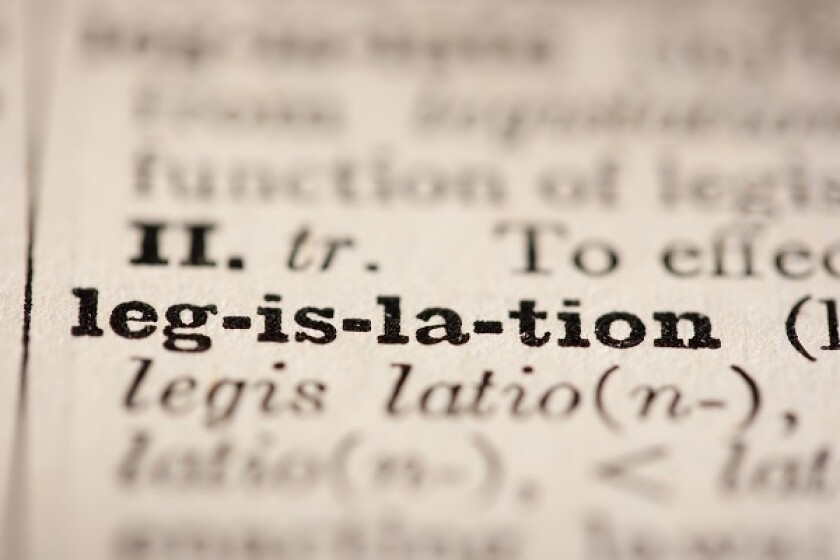October 31 2020, marked the closing of the public comment period for Thailand's proposed amendments to the Patent Act B.E. 2522 (1979). The Department of Intellectual Property (DIP) had published its latest draft of the amendments on September 30 for the month-long period of public feedback.
The process of drafting amendments has been pending for several years, but it began to take a higher profile in February 2018 with the convening of public hearings on the proposed new legislation. After a series of committee meetings through November of that year, the cabinet approved a set of proposed amendments in January 2019.
After further internal discussions, attention turned to the drafting of a companion law specifically for industrial designs, in preparation for Thailand's accession to the Hague Agreement Concerning the International Registration of Industrial Designs. A similar process of public hearings and committee meetings was followed, but in March 2020, the cabinet requested that industrial design legislation be combined with the Patent Act amendments into a single new Patent Act.
Therefore, the draft Patent Act as it currently stands covers both patents and designs. Some of the major patent matters proposed for amendment are as follows:
Genetic resources (GRs), genetic material, derivative works and traditional knowledge (TK)
Inventions that use GRs or TK must disclose the source, access, and benefit-sharing plan in the patent application.
Disclosure grace period
Disclosure of subject matter of an invention within the 12 months before the filing of a patent application is not deemed defeating if the disclosure stems from the subject matter being obtained unlawfully or is made by the inventor, the patent applicant, or others they have authorised to do so.
Dual publication
Patent applications will be published twice–first within 18 months from the application's filing date in Thailand, and again when the substantive examination is completed. The second publication opens the 90-day opposition period, after which the patent will be granted if there is no opposition.
Divisional applications
Division of a patent application can be requested by the applicant before the second publication of the patent. In the current Patent Act, divisional applications are not allowed, and dividing a patent application is only at the discretion of the patent examiner.
Reduced time for requesting substantive examination of a patent
The time allowed for requesting substantive examination of a patent application is reduced to three years from the filing date in Thailand, down from the current five years from the publication date.
Increased time for requesting substantive examination of a petty patent
The time allowed for requesting substantive examination of a petty patent application is increased to six years, up from the current one year.
As explained earlier, the draft law also includes significant changes to industrial design registration procedures and introduces provisions enabling compliance with the Hague Agreement. This includes introduction of partial designs and the Japanese-style related design protection system, greater clarification of the "novelty" criteria, a 12-month grace period for design applications, voluntary filing of divisional applications, streamlined registration procedures for design applications, extension of the term of protection to 15 years, an improved infringement test, and extension of the scope of defences to infringement.
The proposed patent and design-related amendments mentioned above represent significant potential developments in Thailand's regulatory regime for patents and industrial designs. These draft amendments are likely to undergo additional changes in response to comments received during the public hearings and further revisions by the cabinet and the Council of State, and further updates on this subject are expected to become available around the end of 2021.












